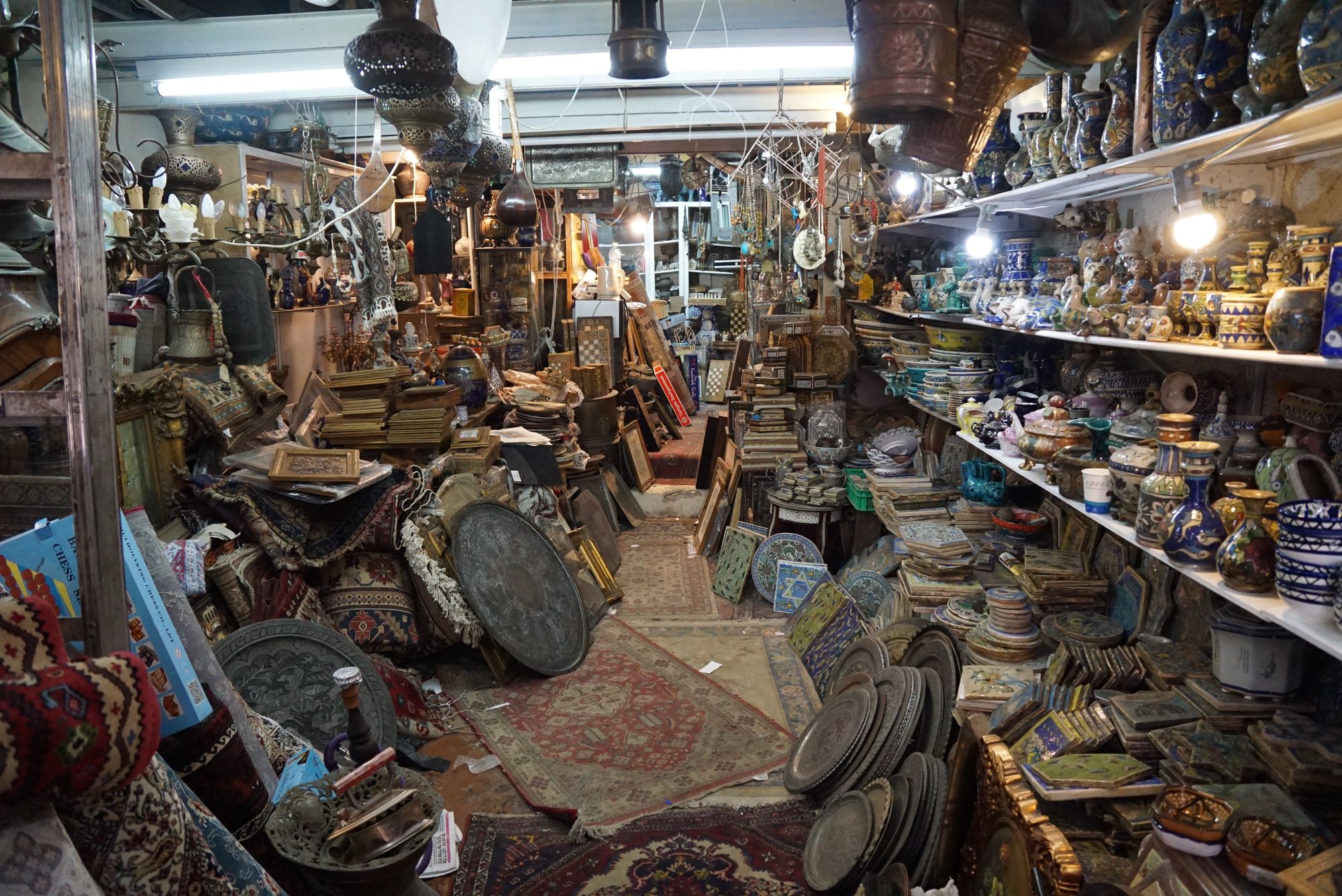
What you and I can do about it...but we have to acknowledge what we're so attached to first
Dear Reader: This is a topic to which I return regularly because first, most if not all of us in richer countries deal with it, and second, it directly affects our quality of life, or lack thereof. Second, this is not a "write about it once and done" issue. I most assuredly battle with this, as the insidious nature of addiction insinuates itself into many aspects of life, and can drain us. When I find good materials to share, I write about it again, for I want all of us to thrive. For as long as these issues touch us, it will be a regular topic. My hope is that as we as a society get smarter about how to handle those things which have come to handle us, that information will better serve us all to live richer lives.
Meanwhile, I will continue to share such resources as give context, hope and direction for those of us who want a better life.
If you're like most of us, the word "addict" conjures up oxy, alcohol, fentanyl, trank and a broad range of awful substances. For my parents, who were born in the early nineteenth century, just the term "alcoholic" was abhorrent, conjuring up skid row or worse. When I called out my father on his lifetime alcoholism, he responded with violence. Such is the effect of how we prefer to see ourselves.
If you've done your homework, and most Dear Readers have, you also know that today we can be addicted to just about anything or anyone. There is huge money in getting us hooked, with the most obvious being what most of us don't really want to admit: our phones and digital media.
The phone is a tough one. For like food addictions, we most often need our phones to run a business and for so many other functions each day, just like we have to eat. Disengaging from its less savory functions is, like with my previous food addictions, a considered and disciplined process, one day and one small habit at a time. It's extremely hard work and we fall off the wagon regularly, as I can attest.
The folks in digital media- and to be fair, all businesses who have much to gain if we are addicted for life- have done a simply superb job of using Big Tobacco's best methods to get us hooked young, and for life with far greater costs to society. For an interesting take on shared tactics and what might come of it please see this:
Are you ready to reclaim your life from the heartrending and unending sewage of social media? I am. Here then is more on what we're up against, and what you and I can do about it.
I listend to an interview, part of a series, with Dr. Anna Lembke, who knows a thing or two about addictions.
Here's a bit of background on Lembke from a Fresh Air interview after her first book about opioid addictions:

This is important context so that you can see how she sees the same kinds of addictive behavior across the board in society, which has been growing by leaps and bounds.
Let's start with the ubiquitious phone, which seems so innocent and is anything but. Start with this from one of my favorite writers about happiness:

For those with young children, and who think that a phone is a great idea to keep you from having to work so hard at being a parent, well. A lot. No parent EVER, who cared anything about their child and their child's future, said they wish they'd given their kids phones earlier. The folks who made their billions addicting us to social media do not allow their kids on it.
I would take that as serious advice.
Phones are just one thing, and as Dr. Anna Lembke says in the Hidden Brain interview below, just about anything can be made addictive. The American economy, nay, the world economy, banks on it, just as Big Tobacco did quite successfully.
We just can't stop: ranging from McDonald's fries to a bag of caramel popcorn to in my case, a huge bag of Blue Diamond almonds (which nearly fried my kidneys, thank you) or Krispy Kreme donuts....For others, work, streaming movies, news, doomscrolling, porn, hoarding. You get it.
We like to think we're in control of our lives. Nothing could be further from the truth, especially today with the endless cornucopia of pleasures at our beck and call. Just the idea that we can control anything other than our reactions is a fantasy, but that's another article. As the linked article in this paragraph notes, COVID was a fine lesson in just how little we do control.
So are you an addict? My god that sounds horrible, doesn't it? Depraved, dirty, defeated. Yet we all are. Here's the promised Hidden Brain episode, the first of two:
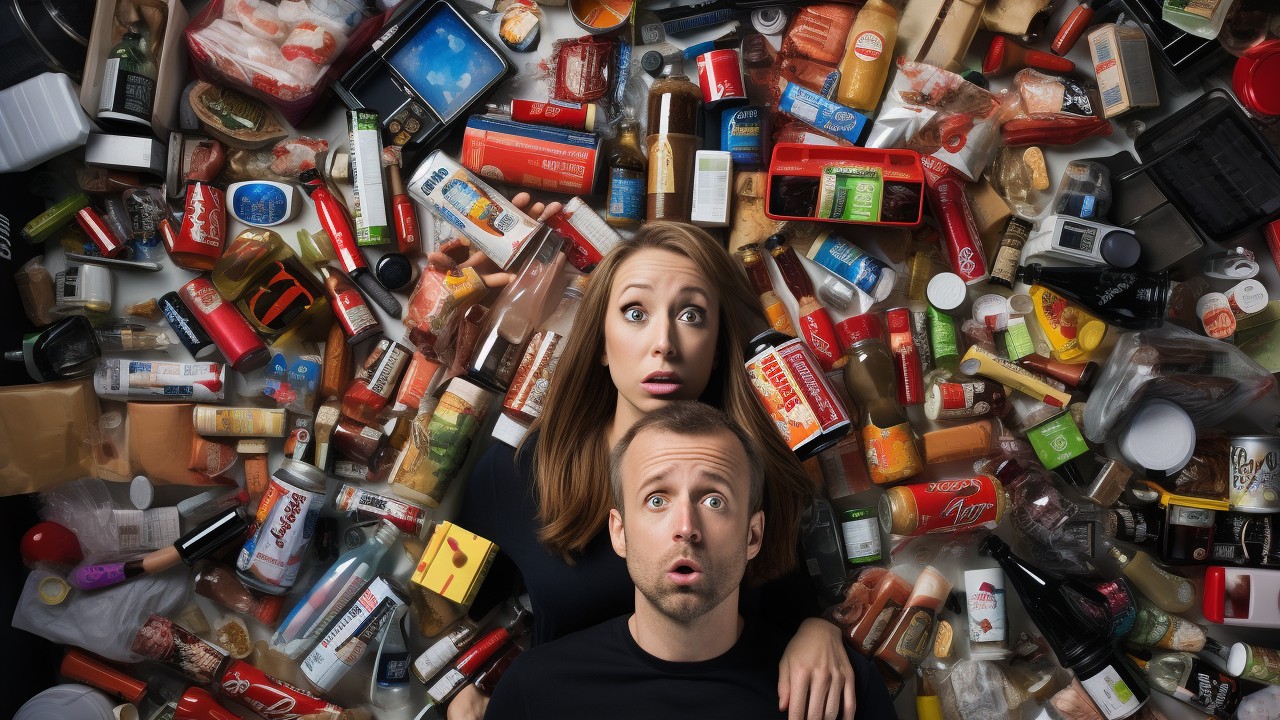
I heard myself in Lembke's story about her own love affair with a certain genre of literature. It was embarrassing, but also freeing, because it normalized something I thought I struggled with alone. Truth is that especially in richer countries, we're all hooked on something that may not be kind to us, so common it's banal.
When I considered how we chase our brain highs with so many pleasures, and how the brain is wired to work this way for our survival (find berries!), it helped me stop judging myself so harshly and come to a better understanding of how to moderate those influences. Those influences, at least, which undermine or hurt my quality of life.
Update: here is the second in the Hidden Brain series:
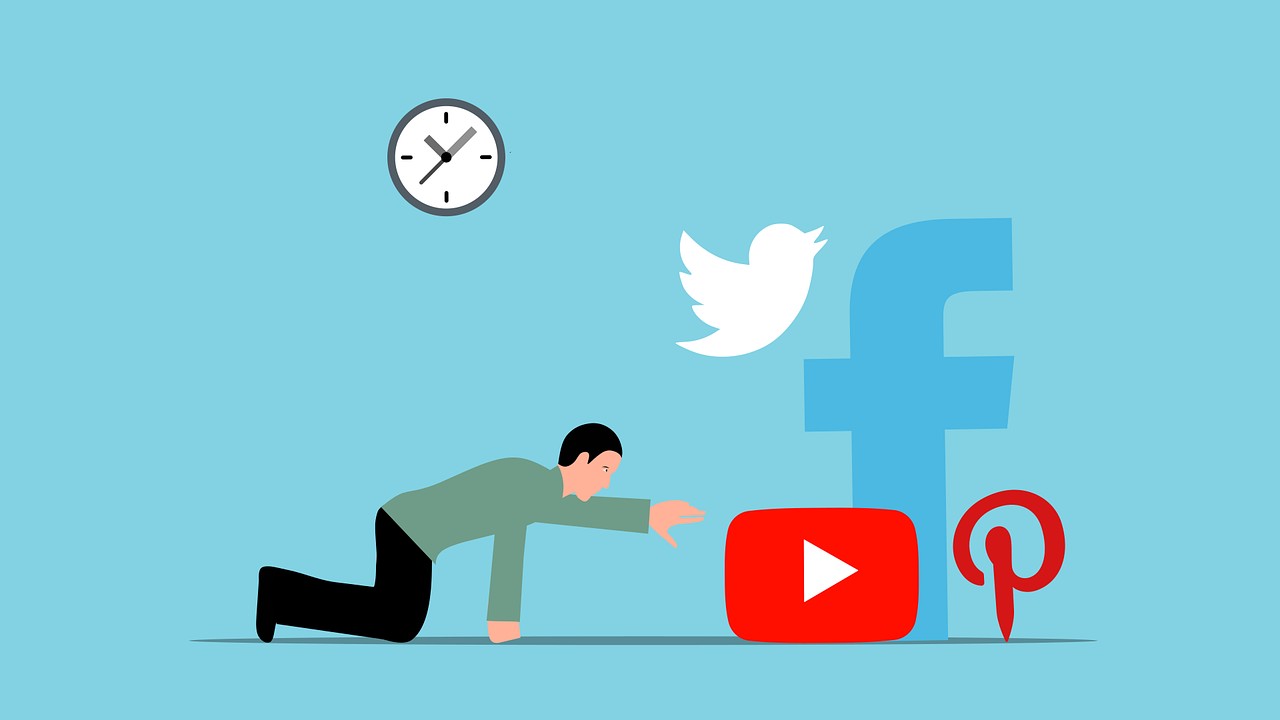
There are plenty of people, including Saga Supporter Penny Nelson, whose family takes child upbringing and social media use seriously, and they work hard to make sure that kids are otherwise engaged in life. That, however, is increasingly not the norm because parents are just as bad or worse than their kids.
Verizon et.al. reap profits while our horizons suffer. Pardon the pun.
I am old enough to have not been born into social media/the phone as my first toy and playmate. It may well be easier for many of us older folks to disengage from that than for those born with a Smartphone shoved into their tiny hands as an easy but damning babysitter. We have a reference point for when life did not revolve around a screen. Those who've never been without it may cling to their phones and social media like a binky.
Walk through any waiting room, crowd, ride a train or bus, and ask yourself who isn't these days? Every single person/child is ruining their necks straining to scroll.
Worse, many of them are gorming ultra-processed food while in front of a screen (or driving or much of anything else, up to 60% of our daily diets), spending more time on digital media that getting educated about the world so that they can live well in it, and are paying terrible physical and emotional prices for doing all of that.
You can thank all those food scientists whose only job is to make food so irresistible we can't eat just one. We eat the whole bag of Chee-tos, the whole dozen donuts, the entire pizza. Then we want more.
Today's Western society sets us up to fail in that regard if for no other reason than there is great profit to be made from our inability to regulate our need for pleasures.
I used to say I had an "addictive personality." While that may or may not have a basis in science, those experiencing anxiety or depression may be more likely to form addictions. If our addictions cause us anxiety, and we reach for more to assuage those anxieties, you can see why we're spiraling.
Whether that's a love crush, and many of us have been there, or sugar, and my hand is way up, or cigarettes or pain pills makes no difference. The level of despair, anxiety and frustration that so many of us are feeling is no accident, and those feelings lead to more addictions. We are in a mental health crises that we have brought on to ourselves, and are blithely handing over to our babies by example, if not in fact.
This excellent piece from LitHub delves into that very thing with a further exploration of the power of attention, which is the coin of the realm when it comes to digital devices:
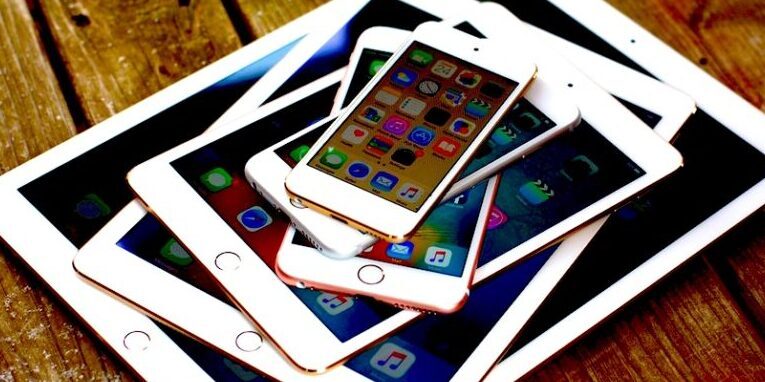
As I've noted elsewhere, I am on a similar journey, doing my best to reclaim my life from the Velcro of the screen. Every morning when I get up and start writing, the temptation to check headlines and get myself sucked into the vortex of shite that pulls my eyeballs out of my head is very difficult to avoid.
Part of why has been reading Digital Minimalism,Choosing a Focused Life in a Noisy World by Cal Newport, which I've recommended elsewhere, which also provides context and how-tos. There is plenty out there to help us cycle off, but if we research online...
..the temptation is always and forever right there to check this out. Suddenly and irretrievably, hours are gone forever and for the most part, we are not improved by that expenditure of time.
I recently read the thoughtful, kind book We Are All Addicts: The Soul's Guide to Kicking Your Compulsions by Carder Stout, PhD. In it, he speaks to how we can be addicted to approval, a lover, for example. An addiction can show up as an intense crush, and boy have I been there. A recovered drug and alcohol addict himself, he writes with warm wisdom and humor about the human condition while addressing how deeply these compulsions sit in the soul.
The best part is that Stout offers the how-to, while also releasing Dear Reader from the dirty trench coat of addiction. By understanding how addiction is in so many ways part of the human condition, we can strip away the stigma and work on those parts which cost us and society so dearly.
Some of you might recall the horrifying photos some years back of parents and caregivers who had overdosed in the front seats of their cars with toddlers in the back. This goes back to the massive society cost that Lembke addresses in her first book. This is a reminder, and frankly, a slap in our collective faces because digital addiction in many ways is no different:

You might argue that it isn't. However, we've normalized digital addiction like these caregivers have normalized heroin addiction, and we've passed it along to our children in the same way. Society has accepted alcohol addiction as acceptable (at least it's not heroin or oxy, right?) the same way we can make puerile arguments that at least social media addiction isn't THAT bad, right?
Wrong.
Do the research. It IS that bad. The world is on fire literally and figuratively- we are fiddling with our screens while it burns. For those of you who missed the common, but inaccurate, literary reference, in this case we're Roman emperor Nero while the world is on fire around us. And it most assuredly is.
Because we need good news too, because someone has to be smarter than the lot of us, and it is so often our kids who lead the way in such things:

If you and I want a full life, part of that begins with loosening the noose on each of the compulsive behaviors which grip us, one by one. I've done that with food, cigarettes, men, exercise, designer clothing and more, only to replace those things with something else without realizing what I was doing.
The big question is what's the hole inside me I am so determined to fill with activity, stuff, whatever? So instead of looking for that Next Thing, let's look at what's empty, and how to put love into it instead. That is precisely the journey I am on right now. And I am getting very different, happier, healthier answers.
Many of us these days juggle identical issues. As the Hidden Brain episode explores, the dopamine imbalance is hard to manage. The more aware we are of the brain's functions, however, the more able we can be to manage ourselves. We have choices.
Our kids need our example, not parents or caregivers buried in their phones while on walks, at every meal, and texting while driving, effectively just as gone in many ways as those overdosed grandparents in Ohio.
We don't get that time back.
Which is why, as I have slowly healed from several big surgeries on hands and feet, I am indeed pointing myself at the gym early in the morning instead of going straight to my desktop. Then, even if I'm writing an article like this one, there are just too many rabbit holes beckoning me to lose another hour or three letting toxic media mind my life rather than I am out enjoying it.
Nature and other people both challenge and heal us.
That cannot be said for too much of online claptrap, designed to keep us chasing the next awful headline. There is plenty that is good online- the point is to stay off what isn't, monitor our use, and spend more time in Nature and with each other, which keep the depression and anxiety at bay. Research backs that up, too.
Why is this so important? Saga Supporter Warren Nelson conveniently sent me an article which thoroughly underscored this early today. As the sun rises halfway through my 70th year, I get to ask precisely what I am doing right now which rises to the level of my highest hopes and expectations. Where am I falling short?
More pointedly, am I spending hopelessly unproductive time on toxic online media rather than being fully in life, a life which could abruptly end tomorrow?
Here's what Cornell, my father's university, has to say about that:
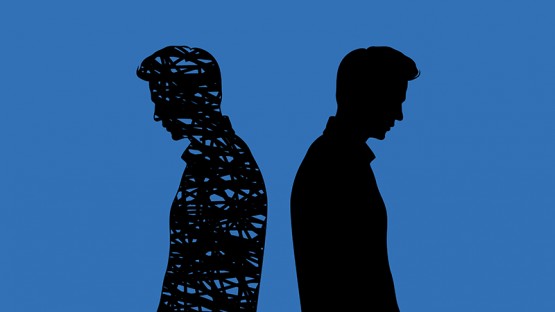
We are indeed all addicts. Being willing to embrace that idea, with both the good and the not-so-good that it entails, allows us to better choose where and how we spend our limited time. In so many ways the world is burning while we fiddle with our screens, and we are running out of time to fix it.
With that I am off to the gym, to do some planting, to enjoy this day, and to do so without swimming the polluted channels of social media, which only wants my eyeballs for life.
The digital lords can't have them. What about yours?

Dear Walkabout Saga Reader:
Thank you so much for taking a few minutes out of your life to read my work. WalkaboutSaga is an act of love and devotion, and I hope that you found value in it.
If my work appeals to you, may I kindly invite you to consider joining those Patreon supporters whose generosity keeps the gas in my tank as it were.
Such articles take time, resources, research and effort. Even a small amount of support truly helps me keep this going. In challenging times, I recognize that even a small amount is hard. Those who can give, I appreciate it. Those who cannot, I hope my words are helpful.
My purpose is to Move People's Lives. I can do more of that with your help.
Thank you.
You can explore that option here.
However you decide to partake of my writing, again, thank you.






Comments powered by Talkyard.